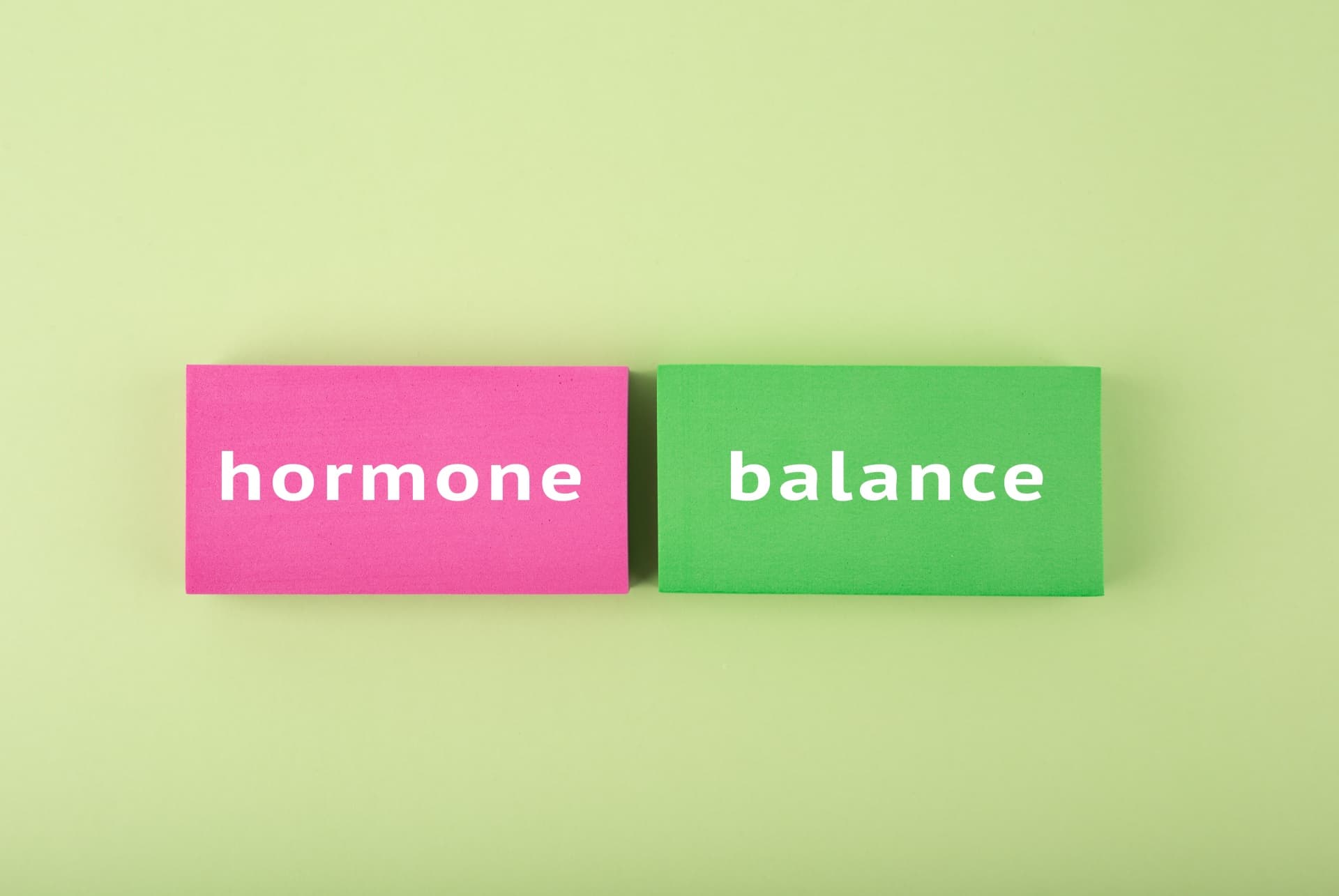Insulin. Do you know it? Maybe. Do you love it? Probably not actively. Do we need it? Definitely! In the spirit of Murphy’s Law, luck would have it that something so important is also complicated. Go figure. Basically, insulin is a hormone and its main job is to transport blood sugar throughout the body. If that sugar isn’t being used, it gets stored in one of three places:
- Liver as glycogen with a limited capacity
- Muscle as glycogen with a limited capacity
- Fat with an UNLIMITED capacity
When it comes to weight loss, this is valuable information to have. Simple carbs like white bread get broken down quickly into glucose (sugar) in your bloodstream and to this, your body might say “Woah! Hold your horses, there’s too much of that round these parts!” Now don’t lie to me and tell me that you didn’t just read that in the voice of a rugged sheriff’s voice and see a tumbleweed bounce across the frame. Regardless, the body’s response is to produce insulin to get rid of that excess sugar, which might get stored in the liver or muscle BUT! Note that fat cells is the only place with unlimited capacity, and so that’s where the extra ends up.
So, how do you control insulin? It starts, like many things, with the food you eat.
Lesson 1: Nip it in the bud, and don’t give your body a reason to produce too much insulin in the first place! Limit or avoid…
- Simple carbs! White sugar, flour, cakes, cookies, crackers, pretzels, bread, pasta, alcohol
- STRESS also prompts insulin production
- Our body is still great at protecting us, so we undergo physiological processes such as the fight or flight responses, which tell the body that we need energy that we often don’t end up using since I, for one, don’t find myself running from predators…often.
That being said, here are some tips! What, you thought I would just leave you hanging?
Tip 1: If you’re going to eat carbs (and you should, they’re not all bad), eat the right ones!
- Complex carbs won’t spike blood sugar and insulin too quickly
- Fruits and veggies!
- Go for fiber! Resistant starches have high fiber such as millet and sorghum!
Tip 2: Be mindful of managing your stress
- Deep breathing, yoga, meditation, walks in nature, painting, reading, find what works for you!
Lesson 2: Balance is key! Timing, type and amount of food are all important
- Timing: Small meals often will help prevent spikes in blood sugar
- Eat every 3 hours, 5-6 times a day
- Type: Aim for foods that will take longer to break down preventing blood sugar spikes
- Lean protein
- Eggs, fish, poultry
- Healthy fats
- Nuts, seeds, avocado
- Healthy carbs
- We talked about this already. Scroll back up, ya doof.
- Lean protein
- Amount: Depends! Sorry, there’s no quick fix that I can give you. You have to take into account body composition, goals, exercise and what it is you’re eating. As for general portion guidelines, go by…
- Protein (1 or 2 deck of cards)
- Healthy Fats (1-2 golf balls)
- Healthy Carbs (1 hockey puck)
- Veggies (unlimited)
Lesson 3: Deplete your glycogen storages so that blood sugar doesn’t get stored in fat cells. That’s just fancy talk for “get moving”.
- When we exercise, we use the glycogen stored in our liver and muscles, so we free up that space.
- The type and amount of exercise depends, you guessed it, on you!
So that brings me to…
Lesson 4: When in doubt, ask! You may very well benefit from professional guidance about balancing YOUR insulin to burn stored fat, build muscle, or whatever your goals may be.
- LUCKILY, I just saved 15% or more on car insurance by switching to Geico AND hey! Professional guidance is right here! NutriMD is equipped with the staff and the resources to work with you to figure out the best plan of action and help you to reach your goals.
For more information about weight loss programs and kits, visit www.nutrimd.com or better yet, just shoot us an email at info@NutriMD.com to set up a free consult!
Please consult with a physician before following any of our protocols or schedule a free consult with SeeBeyond Medicine.
